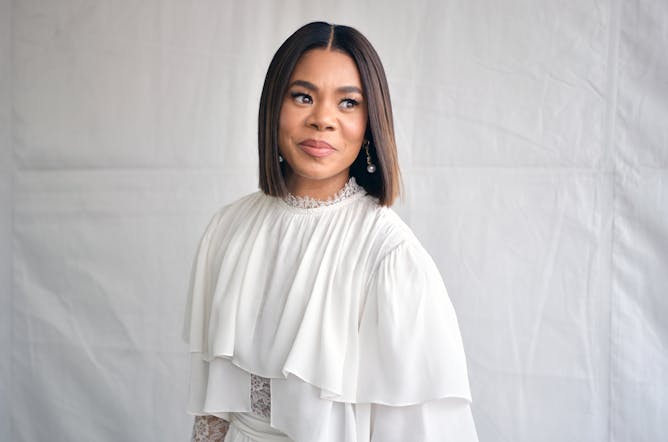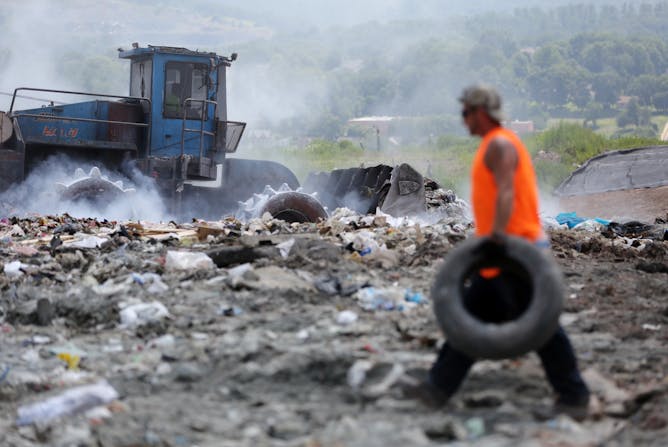|
Ever since I started working at The Conversation, I’ve seen the same stories crop up every awards season: The Oscars are too white. The Academy is too staid, too old, too out of touch.
But Timeka N. Tounsel, a Black studies scholar at the University of Washington, thinks it does a disservice to the very real advances made by Black filmmakers and actors to focus so intently on the major awards.
After delving into the history of Black exclusion and denigration in Hollywood, she explains how a separate filmmaking infrastructure emerged in the 20th century – movies made by Black people, for Black people.
Now, unburdened by the shackles of Hollywood gatekeepers and the pressure of mass appeal, Black films have thrived in the streaming era, broadening the types of Black stories beaming into living rooms across the world. She points to two Black films from the past year – “Master” and “Honk for Jesus. Save Your Soul” – that won’t appear on any awards list, but are worth watching.
This week we also liked articles about the first decade of Francis as pope, the hot jobs market and how gambling on sports can lead to threats to college athletes.
|

Regina Hall starred in two 2022 films that reflect her versatility as an actress – and the evolution of the types of Black films that are getting made.
Araya Doheny/Getty Images
Timeka N. Tounsel, University of Washington
Big-name awards can certainly be a boon for Black filmmakers and actors. But they don’t reflect the breakthroughs that have been made in the types of Black stories that are getting told.
|

A trash compactor rolls over an active dump site at Pioneer Crossing Landfill in Birdsboro, Pa.
Natalie Kolb/MediaNews Group/Reading Eagle via Getty Images
Kate O'Neill, University of California, Berkeley
Humans generate a lot of trash, but there are cheaper and safer ways to handle it than loading it on rockets.
|

Americans are expected to bet $167 billion on sports in 2029.
Sutad Watthanakul via Getty Images
Jason W. Osborne, Miami University
As sports betting becomes more prevalent, so do the risks to college athletes, gaming experts argue.
|
|
|
-
Edouard Wemy, Clark University
The Fed has been trying to tame employment and wages to keep inflation in check. It ain’t working.
-
Timothy Gabrielli, University of Dayton
‘I see the church as a field hospital,’ Pope Francis once said – not a place where superficial solutions will do much good.
-
Susan Lawrence, University of Tennessee; Susan E. Lederer, University of Wisconsin-Madison
This particularly physical kind of philanthropy caught on in the mid-20th century.
|
|
|
|